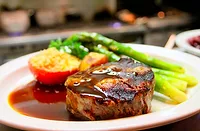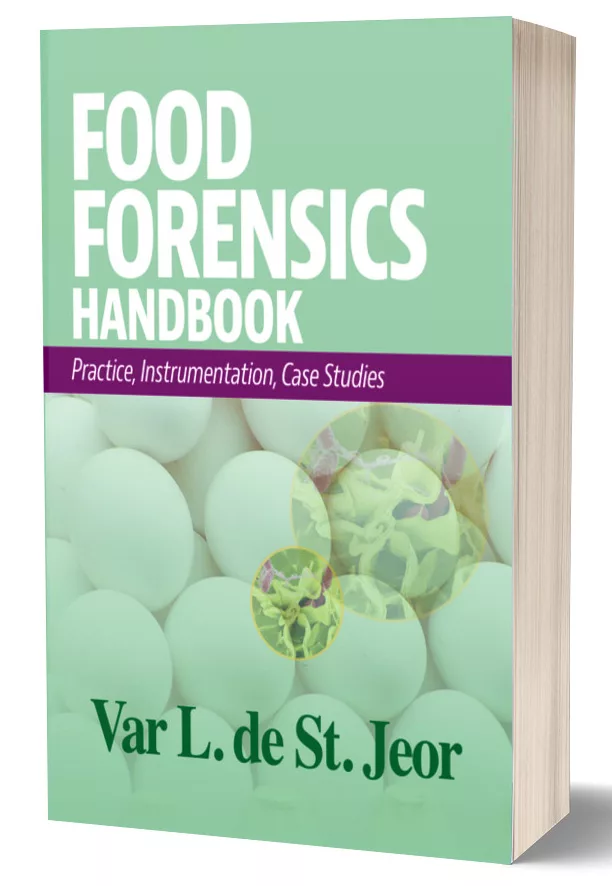Five Countries Ban Brazil Beef Over Mad Cow Case
CORRECTED-(OFFICIAL) Corrects number of countries with restrictions after Brazil trade ministry says Chile banned meat-and-bone meal, not beef)
* Brazil strives to clarify 'atypical' 2010 BSE case
Five countries have banned imports of Brazilian beef after a case of atypical mad cow disease was confirmed last month, Brazil's foreign trade secretary Tatiana Prazeres said on Wednesday.
Brazil, the world's No. 1 beef exporter, is considering retaliation at the World Trade Organization (WTO) if the countries do not lift the bans, Prazeres told reporters in Brasilia, insisting that Brazilian beef is safe to eat.
"There is no basis for these decisions on health parameters and the government is analyzing what measures will be taken," she said. "Taking action at the WTO is on our radar."
China, Japan, South Africa, Saudi Arabia and Jordan have informed Brazil about their import bans since the World Animal Health Organization (OIE) said a cow that died in 2010 had atypical bovine spongiform encephalopathy (BSE), she said.
Prazeres estimated that 4.4 percent of the country's total beef exports have been affected by the bans. Even with the measures, however, beef exports rose to 83,700 tonnes in December compared with 82,700 in November and 63,100 a year earlier, according to trade ministry data released on Wednesday.
The 13-year-old grass-fed cow, which had been kept for breeding in the state of Parana, never developed BSE, commonly known as mad cow disease, but it tested positive for the protein that causes the disease.
Looking for quick answers on food safety topics?
Try Ask FSM, our new smart AI search tool.
Ask FSM →
The Paris-based OIE, which confirmed the atypical BSE diagnosis, has maintained Brazil's status as a beef producer with negligible risk of mad cow disease.
Officials from the Secretary for Animal and Plant Health at Brazil's farm ministry said on Dec. 21 that Brazil would give the countries that curbed its beef imports until March before pursuing legal action at the WTO.
Brazil has launched a diplomatic offensive to distinguish "atypical BSE," which is caused by a random genetic mutation more common in elderly cattle, from BSE cases in the 1980s and 1990s in Britain and elsewhere in Europe that were caused by contaminated animal feed.
Reporting by Tiago Pariz and Peter Murphy; Writing by Caroline Stauffer and Peter Murphy; Editing by Andre Grenon and Dan Grebler






